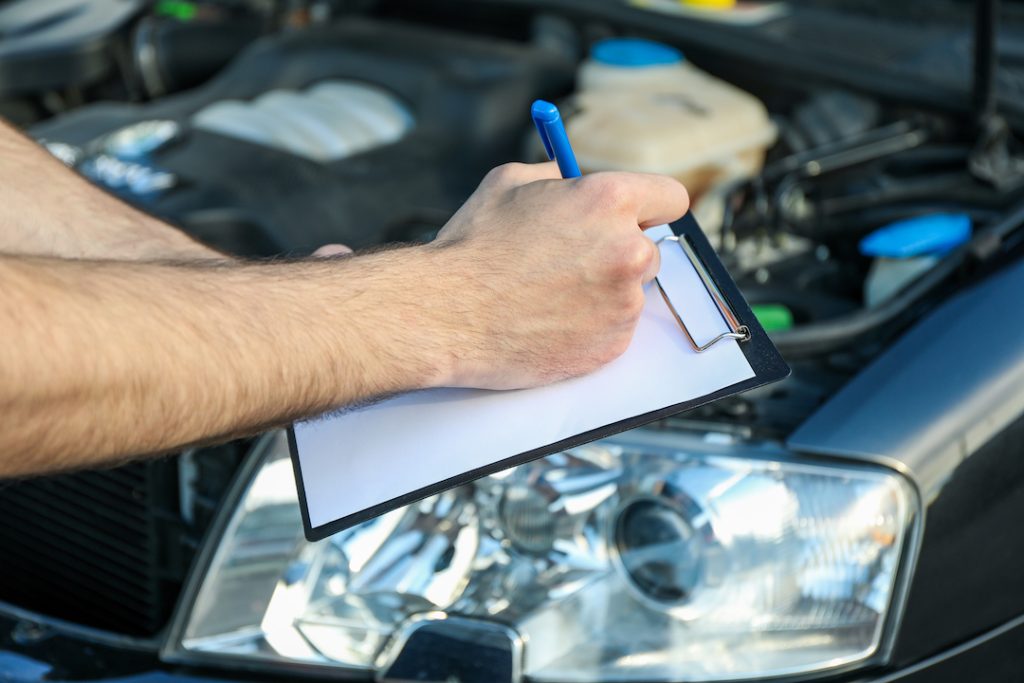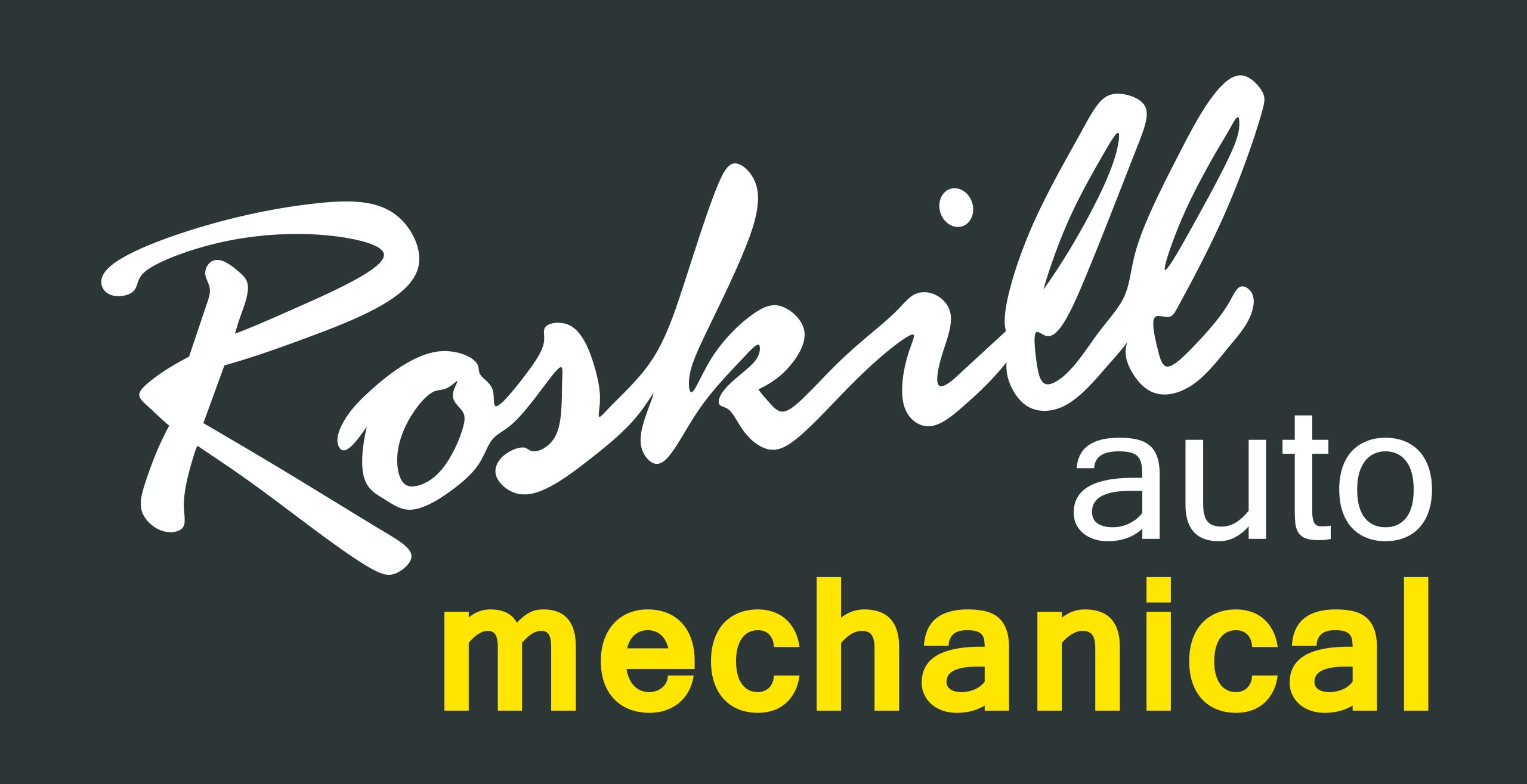The importance of a pre-purchase vehicle inspection
If you’re considering buying a used vehicle, we always recommend getting a pre-purchase vehicle inspection (PPI). Think of it as insurance that you’re getting your money’s worth. Buying a car will be one of the most expensive purchases you make, so it is definitely worth it to pay a little upfront for that peace of mind that you’ve made a good decision.
A pre-purchase vehicle inspection actually buys you more than just peace of mind. It gives you the certainty that the vehicle you’re considering purchasing is going to be safe.
What can you do before booking a PPI?
There are a few things that you can check even before you book in for a pre-purchase vehicle inspection (PPI). We all assume that someone selling a used vehicle will present it in its best condition – and we also assume that they’ll let us know if there are any issues we need to know about.
But don’t make those assumptions. Often sellers are just trying to quickly get rid of a vehicle they no longer want or need. Because they want to make the sale, they may remain hush-hush about seemingly minor issues and hope you don’t notice.
So here are a few things you can look for yourself:
- Start by doing a visual inspection around the outside of the vehicle. Look for dents, scratches, rust, broken lights, missing wheel covers, damaged wing mirrors, windscreen stone chips or cracks, and any other sign of damage to the outside.
- Look under the vehicle for signs of fluid drips or leaks. If you don’t know what different colour puddles mean, read our blog here all about Common Car Leaks.
- Lift the bonnet and have a look around. Look for rust, excessive dirt, or fluid leaks. Even if you don’t know exactly what you’re looking at, this will give you an idea of how well the owner looked after the car.
- Open the boot and have a good look inside. Is it neat and tidy? Is there a spare tyre there? Is there a first aid kit? Open all the doors and check for creaks or sticky parts. Look for rust around the door frames.
- Next, sit in the vehicle and have a good look around. Does it look neat and tidy, like the owner has taken good care of it? Are there signs of damage or wear and tear inside? Do all of the seat belts work? Are all the headrests there? Are both sun visors there and do they work properly? Are there floor mats missing? Is the centre console clean? Are the windows free of children’s stickers? Is there dog hair everywhere? Lift the floor mats and see if there is any damage or rust hidden beneath them.
- Start the ignition and test that all the electrics work – heater, radio, air conditioning, electric windows, front and rear wipers, lights, indicators, electric mirrors, etc.
- If everything looks okay, ask if you can take the car for a short drive. It’s okay if the seller wants to come with you – in fact, it’s preferable that they do so that you can ask them about any noises you may detect as you drive.
What do we check during a PPI?
At Roskill Auto Mechanical we do a thorough pre-purchase vehicle inspection of the vehicle that covers 4 main categories:
- Full mechanical report
- Full underbody check
- Visual rust report
- Bumper to bumper exterior report
We also provide a full written report for you to keep. This may come in handy if you need to make an insurance claim or if you need to go back to the person you bought the car from regarding the performance of the vehicle.
What are some of the issues we can detect during a PPI?
Accident history
We can usually tell if a vehicle has been in a collision just by looking at its physical appearance. You may see a dent or some rust and think it’s superficial damage. But what we see is the likelihood that the car has been hit and possibly not repaired properly. If this gives us any hints of neglect, it raises a few red flags. We’re particularly concerned if the seller didn’t disclose that the vehicle had been in an accident. What else are they hiding?
Faulty parts
If we see leaks, there is a high probability that there are damaged components. A car relies on several different types of fluids, but none of these should leak. If they do, there is a part somewhere that isn’t working as it should. Don’t accept any excuses of it’s always done that and that it’s nothing to worry about. Because it will eventually become something to worry about and you don’t want it to be your problem because the previous owner neglected the warning signs.
Unhealthy battery
The only way to test whether a battery is healthy is by using specialist diagnostic equipment. Most people don’t remember when they last replaced their car battery, so don’t rely on the seller’s memory. A faulty battery doesn’t just mean a flat battery can be expected. It may also lead to faulty electronic systems in the vehicle which can lead to more serious issues when you’re driving.
Complex driving faults
It can be hard to detect some faults just by taking the vehicle out for a short spin around the block. Through a PPI we’re able to detect any issues with the vehicle’s transmission system, suspension and braking systems. Our experienced technicians can run diagnostic tests to determine what is causing problems. We can determine what the extent of repairs may be and help you decide whether they’re worthwhile doing for the purchase price you’re looking at.
Can you just check the Warrant of Fitness (WoF) instead of a PPI?
No, that’s not enough. A passed WoF demonstrates that the vehicle was deemed safe and roadworthy at the time that it was inspected. But you don’t know what may have happened since then. The vehicle may have been involved in an accident since then or it may have undergone more wear and tear that isn’t visibly apparent.
A WoF inspection checks for safety issues, ensuring that the vehicle is fit to be driven. But it won’t tell you the condition of the engine or how long specific parts will last. A good mechanic can give you a better idea of whether the vehicle you’re looking at purchasing will need parts repaired or replaced any time soon.
How do you let the seller know you want a PPI done?
First of all, you should not feel uncomfortable by the fact that you want to thoroughly inspect the vehicle before purchasing it. But if you’re not sure how to approach the subject, we suggest the following approach:
- Let the seller know that you’re interested in the car, but you’ve been advised by your mechanic to check a few things yourself.
- Bring a printed copy of this article and the above list of things to check yourself (or have it on your phone). Again, feel free to let the seller know that you’re doing this on the advice of your mechanic. Sometimes it’s easier to have that conversation when you use the excuse that someone else has told you what to do.
- If you’re satisfied that the vehicle meets your own initial check, let the seller know that and that you’re keen to pursue it further. This means booking in for a PPI with your regular mechanic (that’s us, at Roskill Auto Mechanical).
- Then get in touch with us and book in for a PPI for just $170, incl GST
If the seller tries to convince you not to do any of these steps, walk away. If for any reason they don’t want you doing such a thorough check, consider it a warning that they may be hiding something. In our opinion, it’s not worth the risk.
If we do discover something that needs repairing, it doesn’t mean the deal is off. It may just mean you have room to renegotiate the asking price.
A pre-purchase inspection at Roskill Auto Mechanical is just $170 including GST. That’s great value when the safety of you and your family depends on you buying the right used vehicle.
Contact us online or call us on 092421870 for a free quote or to book an appointment.

